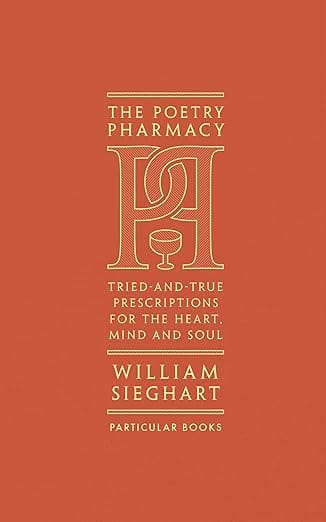I first encountered the healing power of poetry in the Intensive Care Unit of a hospital. I recall reciting “Don’t Quit”, an inspiring poem By Edgar A. Guest, to my father who had undergone a major surgery. It became a routine that marked the beginning of all the hospital “Visiting Hours”, where I would go in to meet him, and recite the poem.
Decades later, as I reflect back on those difficult days, I realized that the soothing power of those words helped me to cope with the situation, as much as it helped him sustain hope and know that better times would come. In retrospect it seems that we had experienced a taste of what could be classified under the broad area of bibliotherapy. Repeated recital of that poem reduced our anxiety, gave words to our feelings and infused in us a sense of hope.
As a lover of words and literature, and having experienced their magic at a particularly vulnerable time in my life, I wanted to delve deeper into how poetry can be strategically employed as a tool for self-growth, healing and transformation. And as a counselling psychologist, I wanted to understand if and how, poetry could have a similar impact on my clients.
What about poetry is truly healing? How one can employ it as a tool for coping with regular life setbacks? Here are some thoughts that will give you an insight about poetry as a simple but effective strategy in your ‘toolkit’ as you go about life!
The magic of catharsis
Have you ever written a poem after being overwhelmed by emotions? These emotions could be positive or negative. However, if you’ve ever written a verse or two after being overcome with emotions, you may have experienced the cathartic release that comes after having written the poem. While the healing quality of poems does come from their ability to provide catharsis, don’t be intimidated if you feel you can’t write a poem! This release can also come by reading a poem that echoes one’s own mental state. In the latter case, a person experiences a kind of identification with the poem and all that it represents.
A language to emotions
Poetry also gives us a language to express what we feel. Some experiences are traumatic and difficult, and it is not always possible for a person to put words to them. Sometimes, we’d rather not broach topics that are difficult- such as death. However, poems are able to articulate these feelings into verbal expressions, which is why reading the right poem can make one feel understood, can give a psychological vent to feelings and hence can heal. Since poems make use of imagery, metaphors and various other linguistic techniques, they provide a wider scope and canvas to discuss and express painful, intense and ambiguous thoughts and emotions. “My job as a poetry therapist is to use poetry and voice to help people get access to the wisdom they already have but cannot experience because they cannot find the words in ordinary language” writes Robert Carroll, a poetry therapist.
Grow and transform
Some poems take us beyond the narrow confines of our own thinking and help us look at life differently. The Road not Taken by Robert Frost for instance, is a poem used quite often to inspire people to make unconventional choices. Inspirational poems like THINK by Walter Wintle may provide a much-needed boost towards having a positive mind frame.
Poetry helps different people differently. For example, Kimberly Crowley, in a research dissertation, explored how poetry helped him specifically to change his own perspective and make his pre-existing thoughts more positive, affirming and meaningful. This was done in the context of established models of poetry therapy and expressive writing. A quick search through psychology journal data bases will show different studies that highlight the scope and applicability of poetry-based interventions across age-groups. Right from prison inmates, to support groups, crisis intervention centers, school settings and groups for the elderly, poetry therapy has been formally used across settings with great success.
The Poetry Pharmacy by William Sieghart is a comprehensive resource book where you can find poems that work for different occasions. Think of it as a poetry prescription of sorts! It would probably be a great idea to rote learn it and repeat whenever you feel the need, if a poem really resonates very deeply with you.

Tips to start off
If you wish to employ poetry as a tool for growth and healing, start off by reading poems by different poets. Find ones that touch you deeply, and strike a chord in your heart. Note these poems down in a journal. You may print them and refer to them often. Note down what that poem means for you. Be aware of the emotions it sparks off within. It may inspire some random thoughts and lines, and if that happens be sure to note it down.
If you are grappling with a specific issue, such as negative thinking or low self-confidence, find an inspirational poem in that category and say it often enough to internalize the message. You will find that in times of need, that little voice in your head will give you just the encouraging words that you need!
Poetry is a great tool to use as a soothing balm to the pressures and anxieties that daily living and certain life circumstances often throw at us. Poems in your toolkit is thus always a great idea!





